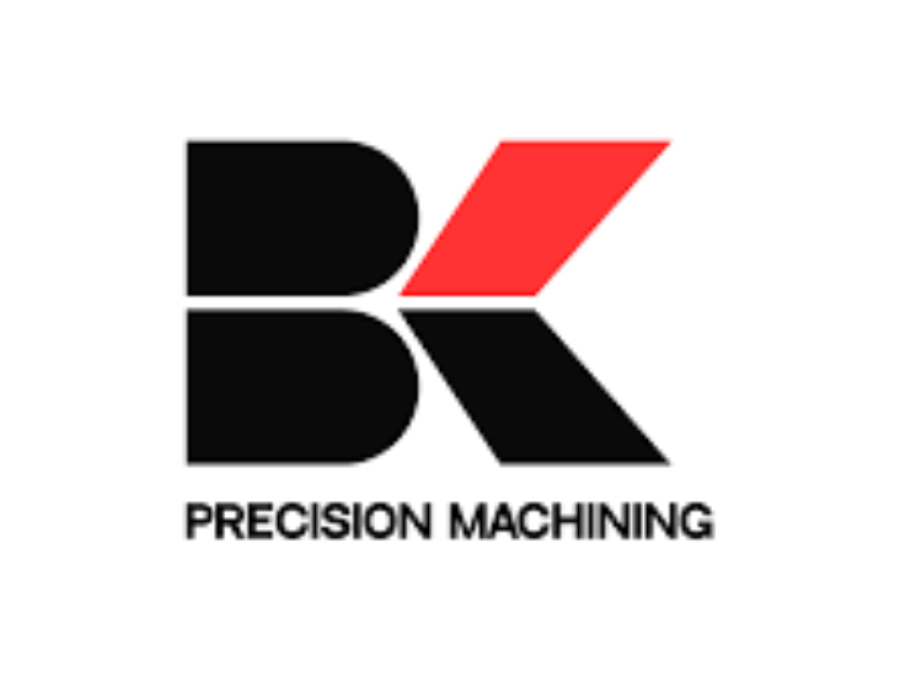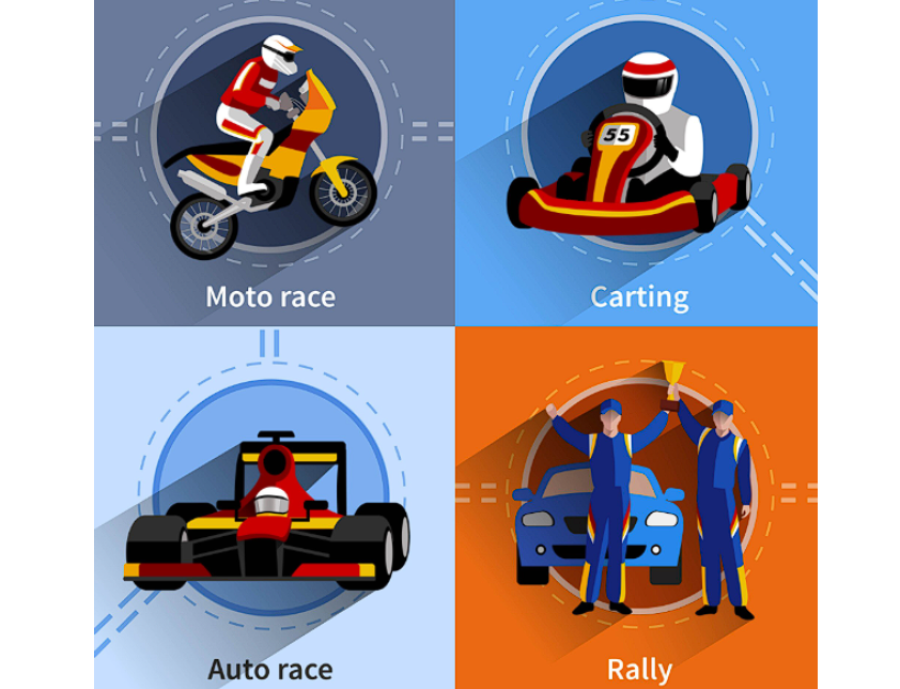CNC (Computer Numerical Control) milling services are at the core of precision manufacturing, offering a highly efficient way to create complex parts and components. This advanced machining method has become an essential tool across various industries, ensuring accuracy, speed, and cost-effectiveness in production.
What is CNC Milling?
CNC milling is a subtractive manufacturing process that uses rotary cutting tools to remove material from a workpiece. The process is controlled by computer software, which ensures precision and repeatability in creating intricate designs. Whether it’s a prototype or a production run, CNC milling delivers exceptional results by adhering to exact specifications.
How Does CNC Milling Work?
The CNC milling process is a combination of advanced technology and skilled engineering. Here's a step-by-step look at how it works:
CAD Design
- The process begins with a Computer-Aided Design (CAD) model that outlines the dimensions, geometry, and tolerances of the part.
CAM Programming
- The CAD file is converted into G-code using Computer-Aided Manufacturing (CAM) software. The G-code dictates the machine's movements, speeds, and toolpaths.
Machine Setup
- The selected raw material is secured to the worktable, and appropriate cutting tools are installed on the machine.
Milling Process
- The CNC machine executes the programmed instructions, cutting and shaping the material into the desired form. Operations such as drilling, slotting, and contouring are performed with precision.
Quality Control
- Once the milling process is complete, the parts undergo thorough inspection to ensure they meet the required tolerances and design specifications.
Types of CNC Milling Machines
CNC milling machines come in different configurations, each suited to specific tasks and complexity levels:
Vertical Milling Machines
- Features a vertical spindle and is ideal for machining flat surfaces and cavities.
Horizontal Milling Machines
- Equipped with a horizontal spindle, these machines are used for heavy-duty milling tasks and larger workpieces.
5-Axis Milling Machines
- Advanced machines capable of simultaneous multi-axis movement, allowing for the creation of intricate geometries and complex parts.
CNC Router Mills
- Specially designed for softer materials such as wood, plastics, and composites.
Benefits of CNC Milling Services
CNC milling service offer a wide range of advantages, making them indispensable in modern manufacturing:
High Precision
- CNC milling achieves tight tolerances and ensures consistent quality, even for complex parts.
Versatility
- Suitable for a variety of materials, including metals, plastics, and composites.
Scalability
- Supports both prototyping and large-scale production runs.
Time Efficiency
- Automated processes significantly reduce production times compared to manual machining.
Cost-Effectiveness
- Minimizes material waste and optimizes resources, leading to lower production costs over time.
Customization
- Easily adapts to unique designs and specifications for custom projects.
Applications of CNC Milling
CNC milling services are used in a wide array of industries, including:
Aerospace
- High-precision components like turbine blades, brackets, and structural parts.
Medical Devices
- Surgical tools, implants, and prosthetics that demand accuracy and biocompatibility.
Automotive
- Engine components, custom parts, and prototypes for the development of vehicles.
Electronics
- Casings, heat sinks, and connectors for electronic devices.
Consumer Goods
- Custom furniture, appliances, and other everyday products.
Challenges in CNC Milling
While CNC milling is highly efficient, it does come with challenges:
High Initial Investment
- Setting up CNC milling equipment and software requires significant upfront costs.
Material Considerations
- Some materials are more challenging to machine and may require specialized tools or processes.
Complex Programming
- Writing accurate G-code for intricate designs demands expertise and attention to detail.
Maintenance
- Machines must be regularly calibrated and maintained to ensure consistent performance.
How to Choose a CNC Milling Service
When selecting a CNC milling service provider, consider the following factors:
Expertise and Experience
- Look for a provider with a proven track record in handling similar projects.
Range of Capabilities
- Ensure they can work with the materials and specifications you require.
Quality Assurance
- Verify that the service follows rigorous quality control measures.
Turnaround Time
- Choose a provider that can meet your deadlines without compromising on quality.
Cost Transparency
- Request detailed quotes to avoid hidden fees or unexpected expenses.
Trends in CNC Milling Services
As technology evolves, CNC milling services continue to adapt to meet the growing demands of various industries. Key trends include:
Integration of AI and Machine Learning
- Advanced algorithms optimize toolpaths and reduce waste.
Hybrid Manufacturing
- Combining CNC milling with additive manufacturing to enhance design flexibility.
Eco-Friendly Practices
- Focus on reducing energy consumption and utilizing sustainable materials.
Micro-Milling
- Increasing demand for ultra-precise parts in electronics and medical devices.
CNC milling services play a vital role in modern manufacturing, offering precision, efficiency, and versatility. From aerospace to consumer goods, this advanced technology has transformed how products are designed and produced. With continuous advancements and growing customization capabilities, CNC milling remains an essential tool for businesses looking to stay ahead in a competitive market. By choosing the right service provider, you can unlock the full potential of CNC milling to meet your unique production needs.









